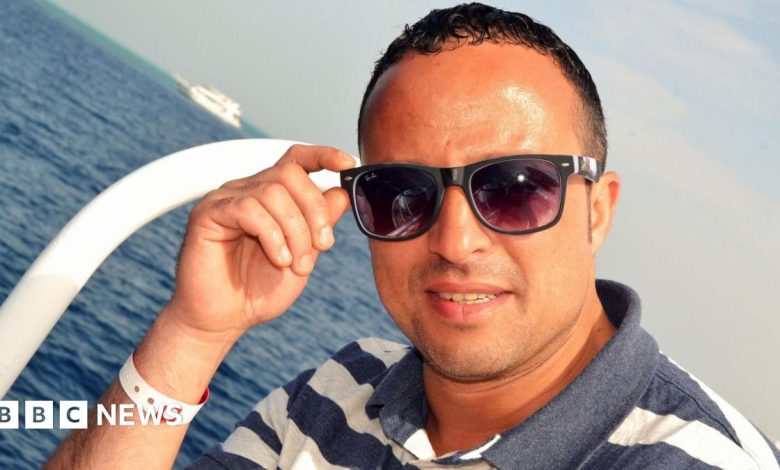Norwich Murder trial hears ex-soldier ranted about Muslims

Tragic Confrontation Reveals Disturbing Prejudice and Violence
In a deeply troubling case unfolding at Norwich Crown Court, details have emerged of a violent confrontation that ended in tragedy. Police officers responding to the scene discovered a blood-stained knife approximately five inches long placed next to a television. The grim finding marked the beginning of an investigation into what prosecutors are describing as an act driven by hatred and prejudice rather than self-defense.
Body-worn camera footage presented to the jury captured a handcuffed Mr. Vickers making several disturbing statements as another officer desperately attempted to save the victim, Mr. Chadli. “I know I’m going down for murder,” Vickers was heard saying in a recording punctuated with profanities. His demeanor during these moments revealed a troubling lack of remorse, as he referred to the victim as a “wrong-un, like all them” and suggested the victim had “pushed his luck.” These statements, delivered while emergency medical efforts were underway, painted a picture of someone who appeared to justify his actions rather than express regret over a life-threatening altercation.
The responding officer, PC Daniel Hughes, provided testimony that added concerning context to Vickers’ state during the incident. Hughes noted that the defendant “smelt of alcohol” and confirmed when asked by prosecuting barrister Matthew Sorel-Cameron that Vickers’ eyes appeared “somewhat glazed.” This testimony suggests impairment may have played a role in the escalation of events, though the prosecution is building a case around more deliberate motivations. The court must now determine whether intoxication contributed to poor judgment or if it merely lowered inhibitions that revealed deeper prejudices.
Perhaps most disturbing among the evidence presented was the revelation that prior to the alleged attack, Vickers had declared he was “not letting these terrorists run my street.” This statement, introduced earlier in the proceedings, suggests a mindset focused not on personal safety but on a misguided vigilantism fueled by xenophobia. The prosecution, led by Christopher Paxton KC, characterized Vickers as “a man consumed with anger and hatred,” suggesting that bias rather than legitimate fear drove his actions that day.
The case has raised difficult questions about the intersection of personal prejudice, community relations, and violence. For the jury, the challenge lies in separating Vickers’ own narrative—one that attempts to frame his actions as somehow justified or defensive—from the prosecution’s portrayal of an attack motivated by hatred toward someone perceived as an outsider. The victim, Mr. Chadli, has been reduced in Vickers’ statements to a stereotype rather than recognized as an individual, highlighting how dehumanization often precedes violence.
As the trial continues, the community faces its own reckoning with the social conditions that allow such prejudices to fester. While the court will determine Mr. Vickers’ legal culpability, broader questions remain about how to address the underlying attitudes that can transform bias into violence. The tragedy serves as a somber reminder of how quickly words of intolerance can escalate to physical harm, and the responsibility shared by society to confront and challenge such prejudices before they lead to irreversible consequences.








